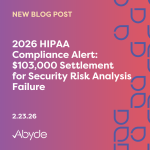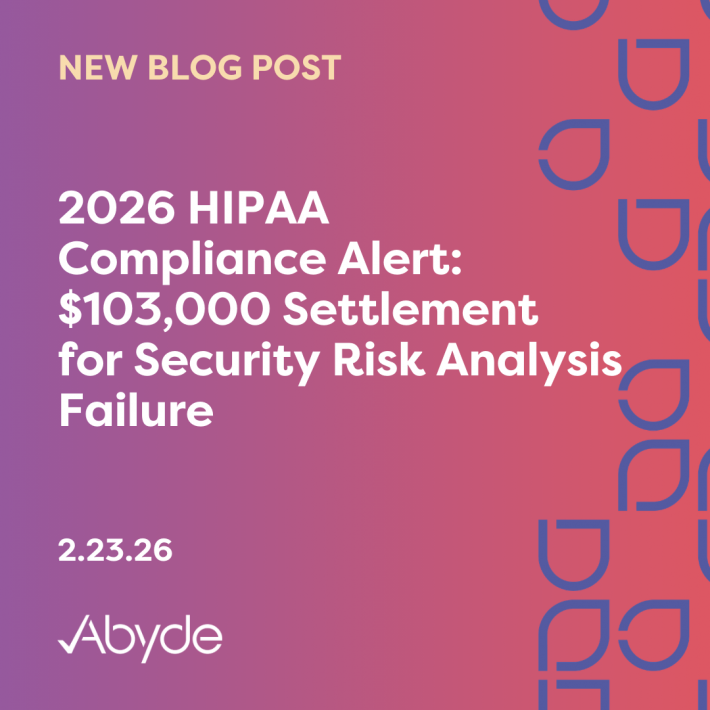May 27, 2020
You can shred it, burn it, use it as a paperweight – we don’t really have a preference – but by all means, it’s time to move on from your out-dated physical HIPAA manual. When trying to comply with HIPAA regulations, it may seem counterintuitive to roast smores using documented privacy policies and procedures, but now is the perfect time to grab your massive HIPAA binder that hasn’t been touched in years and toss it out with yesterday’s newspaper.
Technology has paved the way for increased efficiency within medical practices. The days of thumbing through filing cabinets have been relieved by databases providing instant access to everything your practice may need. This transformation provides countless benefits for both practices and patients, just as modernization has benefitted HIPAA regulations.
The medical industry, among others, continues to move towards more ‘paperless’ operations – including that bulky, cumbersome HIPAA manual most often left collecting dust in a closet within your practice. Despite these advances, many practices are still relying on a physical binder or other paper-based resource to keep track of their HIPAA compliance policies and procedures. In fact, many may still think that a paper manual is the only way to meet HIPAA requirements.
While this would be a valid source of documentation should your practice ever experience a data breach or audit, HIPAA regulations don’t specify the need for a physical or paper copy of your documentation. In fact, there are many benefits to taking your stack of unused papers into the electronic realm. An electronic binder (especially one through a cloud-based software provider) offers a number of benefits, including:
- Ability to easily update policies and procedures as regulations change
- Opportunity to adapt existing documentation to any changes in HIPAA or state-specific data privacy laws, instead of rewriting or reprinting a full policy
- Easy access to your HIPAA documentation no matter where you are – at home, on the go, or in the office.
- Documentation in a format that won’t be lost, damaged or misplaced like a paper binder
- Intuitive and simplified navigation, just like electronic medical records
- Makes sharing your documentation in case of an audit or any other circumstance a breeze
There is a lot that comes with maintaining HIPAA compliance – and the biggest hurdle many practices face is having the proper documentation of this culture of compliance. If your practice has put in the hard work to complete your risk analysis, documenting that work properly and in an accessible format is essential. In fact, 83% of practices that were audited by the OCR in 2019 did not have a properly documented security risk analysis. This is in part due to outdated paper policies that don’t fit the practice’s current structure or procedures. An electronic and continually updated HIPAA ‘binder’, in contrast, fulfills all HIPAA regulations and requirements around documentation.
COVID-19 has had a large impact on HIPAA enforcement and regulations, and many practices have begun utilizing telehealth services as well as implemented new policies and procedures surrounding cybersecurity during newly remote operations. All of these changes and updates to your practice’s work with PHI, even if it’s just temporary, must be documented properly within your HIPAA manual. Having an electronic version of your manual means going in and updating with a few clicks of a button – saving your practice time (and paper) during an already turbulent time.
If your practice has always had a paper HIPAA binder, moving to an electronic manual that offers all of the above features may be easier said than done. That’s where a HIPAA compliance software solution, like Abyde, comes in to ensure your HIPAA program is up-to-date with any new changes regarding HIPAA or state-specific laws with dynamically generated policies and procedures built specifically for your practice – providing you much more than just an updated version of your HIPAA manual. If your practice has been stuck on paper, let us show you how going electronic can save you hours of HIPAA headaches.





